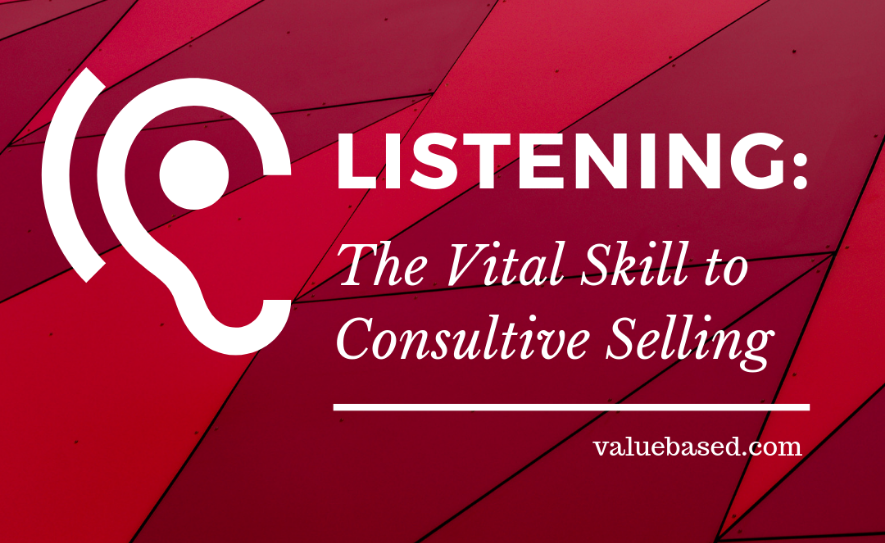Active Listening: The Super-Power Every Salesperson Needs
Building Trust-Based Sales Relationships by Communicating Customer Value
In today’s competitive marketplace, sales isn’t just about pitching a product—it’s about understanding your buyer and creating real value. Active listening is the cornerstone of value-based selling, consultative selling, and trust-based sales. It allows sales professionals to align their solutions with the buyer’s true needs, communicate customer value effectively, and ensure their value proposition development hits the mark.
Consultative selling thrives when a salesperson truly listens. Matching a buyer’s needs with the right service or product requires understanding not only what is spoken, but also anticipating unspoken concerns. A problem-solving sales approach and customer-centric sales methodology both start with listening as a super-power: it’s how you uncover the pain points, desires, and priorities that drive purchase decisions.
Practical Steps to Develop Active Listening Skills
Maintain Focus and Eye Contact
Whether in person or on the phone, give the speaker your full attention. Eliminate distractions and maintain eye contact when possible. This not only shows respect but also increases your awareness of unspoken cues—a crucial skill in buyer-first sales.
Do Not Interrupt
Hold your questions and comments until the speaker has finished. Listening without interrupting ensures you fully understand their perspective. Take notes if needed.
Listen Without Judgment
Avoid evaluating or judging as the conversation unfolds. When appropriate, summarize and confirm what you've heard to ensure accuracy. This builds the foundation of trust-based sales.
Resist Imposing Solutions
Your role isn’t just to provide an answer—it’s to help the buyer find the solution themselves, ideally guiding them toward your offering. Questions like, “What has worked or not worked in the past?” help uncover insights essential for value-added selling.
Ask Thoughtful Questions
Good questions steer the conversation, deepen understanding, and highlight opportunities for alignment. In consultative and value selling, asking the right questions often reveals unmet needs you can address.
Summarize and Confirm
Periodically, review what the buyer has shared, their identified challenges, and how your solutions can address them. Clear summaries reinforce understanding and show your customer-focused sales approach.
Reflect Between Conversations
Take time to reflect on calls and meetings to identify missed opportunities or insights you can use next. This reflection enhances your problem-solving sales method and ability to communicate customer value effectively from transactional to strategic. When applied consistently, it enables sales teams to practice value-based selling, buyer-first sales, and trust-based sales—building stronger relationships and driving measurable results.
About The Value Based Team
Value Based Inc. is a boutique consulting company transforming how sales and marketing are viewed worldwide. Our team of former Presidents, Vice Presidents, and Deans from software, technology, manufacturing, and higher education sectors partners with clients to deliver authentic, results-driven strategies. Our approaches to value proposition development, value-added selling, and strategic enrollment have helped companies like IBM, GE, and 3M—as well as hundreds of SMBs and 30+ universities—achieve measurable growth.




.png?width=1800&height=600&name=VBI%20Logo%20White%20(4).png)